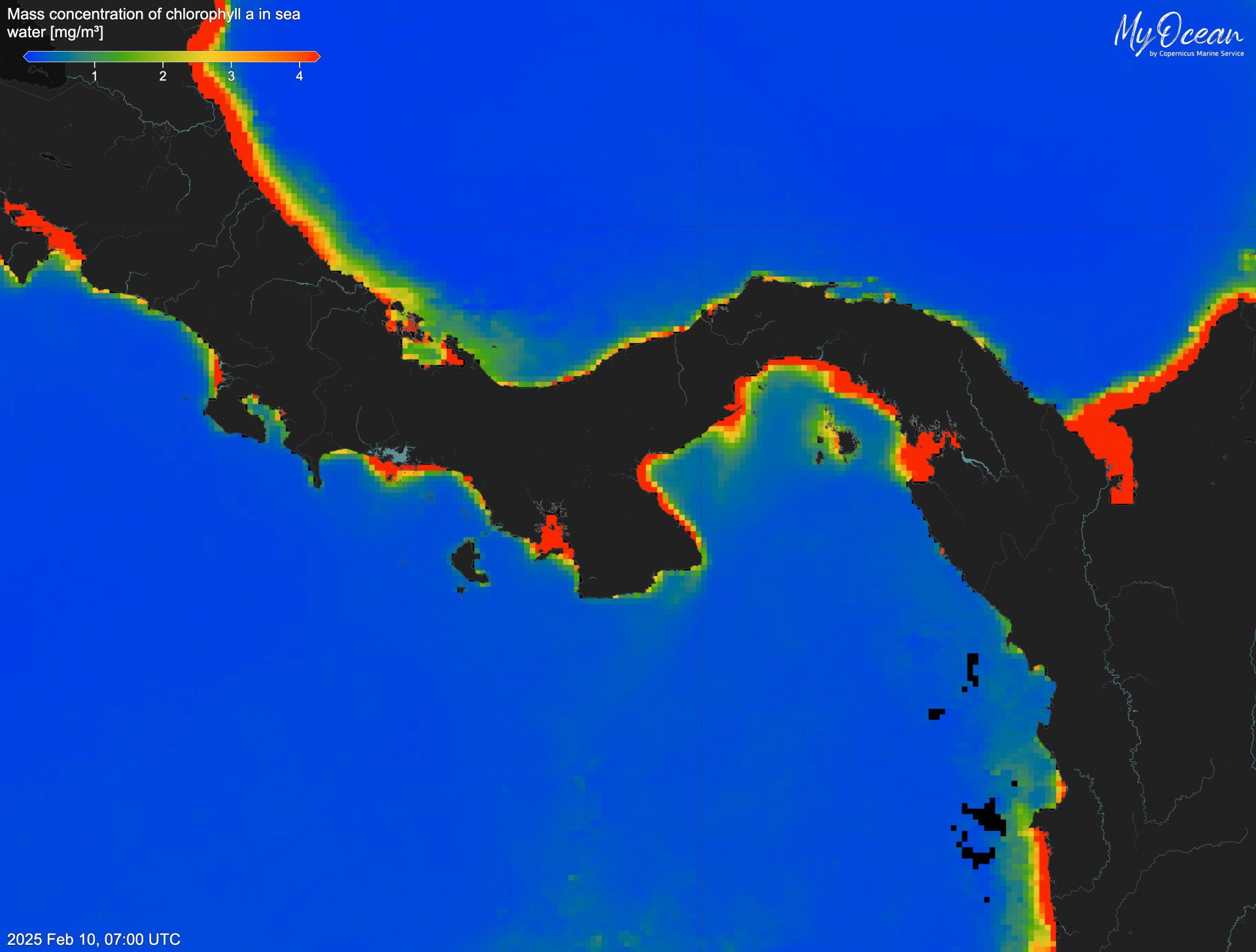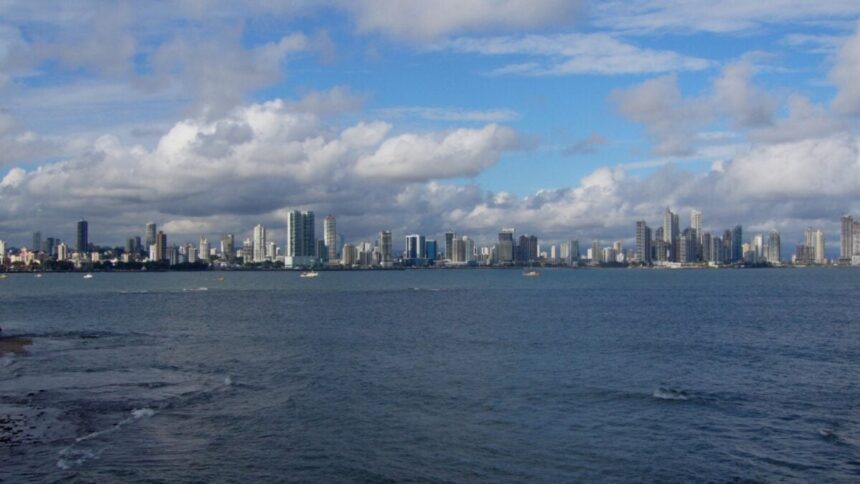The Gulf of Panama has experienced an annual wind-driven oceanographic phenomenon called upwelling for at least as long as records of it have existed. In 2025, however, seasonal upwelling failed, and the consequences could be drastic.
In a study published Tuesday in the journal PNAS, a Smithsonian Tropical Research Institute-led team suggests that weakening trade winds caused upwelling to fail in the Gulf of Panama this year for the first time in at least four decades. Consequently, the gulf’s waters did not experience the usual lowered temperatures, and fisheries were less productive.
A vital marine process
Upwelling sees cold, nutrient-rich water from deep in the ocean rise up and displace surface waters. In Central America, northern trade winds usually cause these crucial upwelling events in the Gulf of Panama between December/January and April. This phenomenon keeps Panama’s Pacific coastal waters cool during the summer, protects coral reefs from thermal stress, and sustains productive fisheries.
“The Gulf of Panama’s (GOP) seasonal upwelling system has consistently delivered cool, nutrient-rich waters via northerly trade winds every January–April for at least 40 [years]. Here, we document the failure of this normally highly predictable phenomenon in 2025,” the researchers wrote in the study.
“Data suggest that the cause was a reduction in Panama wind-jet frequency, duration, and strength, possibly related to the Intertropical Convergence Zone (ITCZ) position during the 2024–2025 La Niña, though the mechanisms remain unclear,” the researchers added.

The ITCZ is a band of clouds that forms near the equator around the world thanks to the convergence of the Northern Hemisphere’s northeast trade winds and the Southern Hemisphere’s southeast winds. La Niña sees Equatorial Pacific waters become unusually cold, while during El Niño they become unexpectedly warm.
Both are phases of a climate pattern called the El Niño-Southern Oscillation, which changes every two to seven years and significantly impacts tropical wind and rain patterns.
The consequences of climate disruption
“The consequences [of the failed upwelling] are likely significant, including decreases in fisheries productivity and exacerbated thermal stress on corals that typically benefit from upwelling’s cooling,” the researchers explained. “This event underscores how climate disruption can threaten wind-driven tropical upwelling systems, which remain poorly monitored and studied despite their importance to ecology and coastal economies.”
While the researchers admit that further work is needed to fully investigate the reason behind this striking ecological change and its potential impact on the fishing industry, at the very least the study is an important reminder of how interconnected every aspect of our environment is.
Read the full article here












